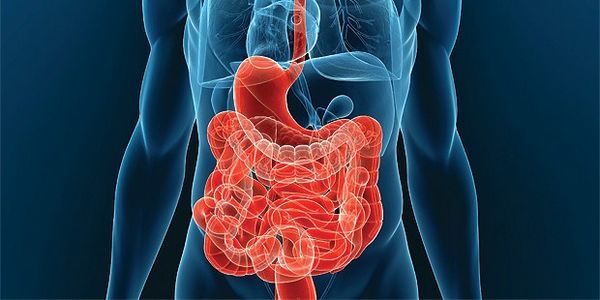Gastroduodenit – what is this, symptoms, diagnostics, treatment and prevention of the disease Gastroduodenitis

Gastroduodenit – What is this disease? Duodenitis is inflammation of the mucosa of the duodenum, as well as gastric pyloric Department.
Gastroduodenit: the cause of the
To external (exogenous) factors of development of disease can be attributed:
- infrequent meals;
- bad habits
- unbalanced diet, reception of oily, too spicy, hot food;
- psychological factors (depression, stresses);
- genetic predisposition;
- effect of some medications.
Endogenous (internal) causes of duodenitis considered enlarged kislotoobrazovanie, violations of section enzymes, decrease mucus. The development of diseases contribute to the pathology of biliary tract, liver, failures in the functioning of the endocrine system.
The most important cause of disease is the defeat of Helicobacter pylori infection.
Symptoms of duodenitis
Symptoms can manifest itself differently, Depending on the stage of the disease process, severity, the patient's age, the functioning of the stomach, the level of damage to the gastrointestinal tract. The major manifestations are periodic gastroduodenitis heartburn, shvatkoobraznaja abdominal pain, general weakness, nausea, belching, a feeling of heaviness in the stomach. Usually the symptoms most pronounced after eating. Among the secondary symptoms decreased appetite, weight loss, insomnia, the formation of plaque on tongue, cardiopalmus, stool regularity violation, hormone insufficiency, Blanching of the skin.
Gastroduodenit: diagnostics
Expertly diagnose gastroduodenit can gastroenterologist, having the following surveys:
- Endoscopic examination-UPPER (fibrojezofagogastroduodenoskopija).
- histological study.
- analysis of the secretory function of pH-Metry.
- a study of the motor function-manometry (fixing the level of pressure in the stomach, duodenum).
- ultrasound examination of abdominal cavity organs;
- jelektrogastrografija.
Modern diagnostic techniques allow you to accurately and quickly detect the presence of Helicobacter pylori in the body. The most common method is breathing test. Also conduct a blood test for antibodies to stimulate-serological ELISA method (Enzyme ImmunoAssay), PCR (polymerase chain reaction).
Gastroduodenit: classification
Depending on the predominant causal factor secrete:
- exogenous (primary) gastroduodenity;
- Endogenous (secondary) gastroduodenity.
On the prevalence of pathological process emit:
- localized gastroduodenitis;
- common gastroduodenitis.
Depending on the level of acidity:
- with the lowered secretion;
- with increased secretion of.
- with normal secretion;
Gastroduodenit: patient actions
When gastroduodenite should stick to diets (warm, low-fat, pureed meals) abstain from smoking, the admission of alcohol, limit your intake of coffee and carbonated beverages.
Treatment of duodenitis
In case of detection of infection Helicobacter pylori treatment undergo antibacterial drugs. Helicobacter infection involves several phases of treatment. At the first stage (three-component therapy) appoint klaritromicin, amoksiцillin, bismuth preparations, a Proton pump inhibitor in standard dosage (lansoprazole, omeprazole, pantoprazole, esomeprazole, rabeprazole). Second line treatment (rectangular therapy): Proton pump inhibitor, Bismuth subcitrat, metronidazol, tetracycline.
When nehelikobakternom gastroduodenite and acidity in the stomach is prescribed Proton pump inhibitors, antisecretory drugs, antacids. They are intended to deter oversecretion of acids.
In the period of remission shows sanatorium-and-spa treatment.
Gastroduodenit: complications
- enterocolitis;
- diarrhea;
- dysbiosis;
- pancreatitis.
Prevention gastroduodenitis
To prevent gastroduodenitis must comply with the diet and eating habits. Better stop smoking, alcoholic beverages. Detrimental effect on the mucous membranes of the digestive tract have all sorts of diets for weight loss, fasting or overeating. Better to eat often (5-6 Times a day), but small portions. Solid foods should be carefully prozhevyvat'. You should limit the use of acute, salt, oily, fried foods, spices.
Drugs with ul'cerogennym effect (eg, NSAIDs), antibiotics take should be taken strictly on doctor's prescription. You should avoid psychological surge, stress, in time to deal with hotbeds of chronic infection of the oral cavity and pharynx (caries, chronic tonsillitis).
